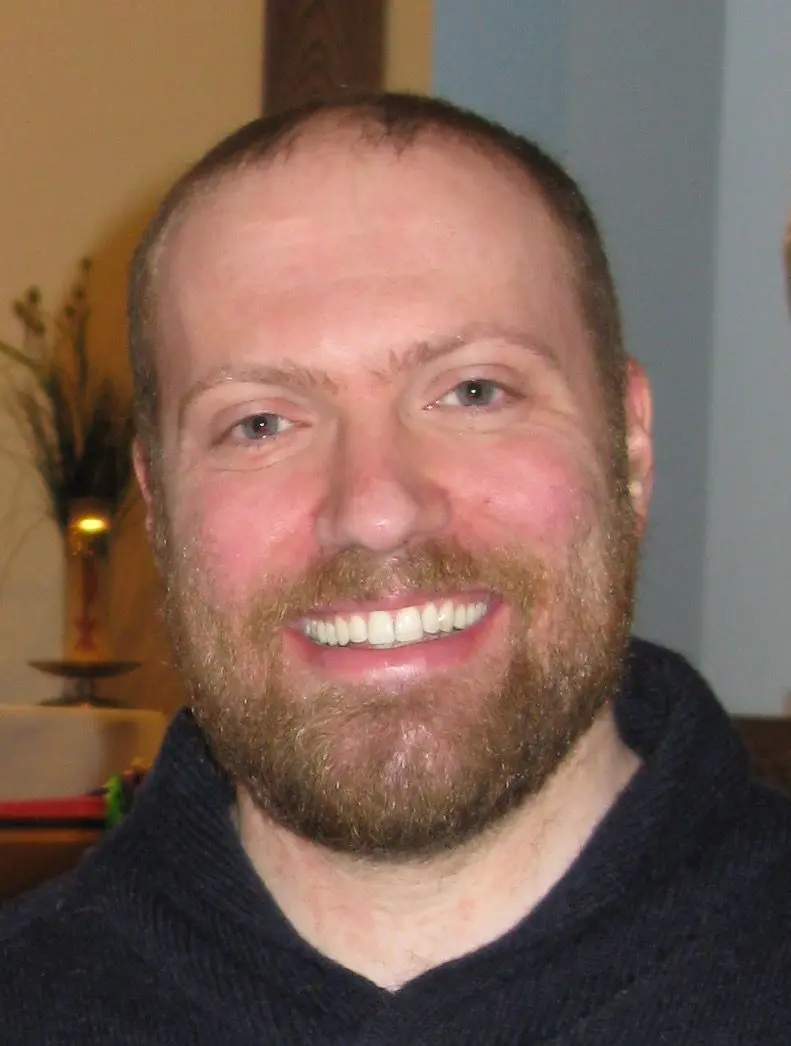When St. John of the Cross talks about annihilating natural operations, such as memory, he is not advocating Stoicism or extreme asceticism.
The word “annihilation” is used to help us understand that two things that are contrary cannot coexist in the same subject and that if we wish for one contrary to exist, we must annihilate, remove, etc., the contrary that impedes the presence of the contrary we seek.
Take the example of the impression of creatures through the memory: if a person focuses on creatures, the person is not focusing on God. If creatures are what are present in your memory, and what you hope for, then you are not hoping in God first. This statement does not mean you cannot interact with creatures, that anything bodily is bad. I am saying to seek self-sacrifice, self-gift, ἀγάπη, for the sake of doing God’s Will in service to Him and your neighbor.
Therefore, what needs to be annihilated is not the body, faculties, or natural operations of the person, but our inclinations to rest, dwell, and follow our own will rather than trying to be open to and follow God’s Will even in small matters.
God Himself, as we see in Jn 1:14, came to dwell among us in love: Καὶ ὁ λόγος σάρξ ἐγένετο, καὶ ἐσκήνωσεν ἐν ἡμῖν (And the word came to be flesh, and made his dwelling-tent among us). Yet, we all let our inclinations and natural operations be impressed by creatures instead of being impressed by God.
We can fix this in us through the three p’s: practice, penance, and prayer. If we continually watch ourselves and regularly examine our conscience to see how well we are placing our hope ultimately in God, not in creatures, we will find our memory more full of supernatural hope. If we practice penance relative to our state in life and circumstances, we annihilate those inclinations to dwell and rest on creatures, and we make more room in our wills to conform to the Holy Spirit and God’s Will. If we set aside time every day to pray and build our friendship with God, we will see that our natural operations and interactions with creatures will be on God’s terms, not on our terms, since we will only seek to do his Will with whatever creatures we need to interact with rather than seeking fulfillment in creatures that are impressed on us and that we are inclined to.
To be clear, Our Lady is not an angelic disembodied spirit, but a real human person. She interacted with sensible reality in the same manner you and I do. The main difference between Mary and us is that our self-will, our pride, our selfishness, etc., crowd out God’s Will in our hearts, so our actions are a mix of our will and God’s Will. Until we grow in the spiritual life and union with God, we, due to our fallen nature and sins, “crowd out” God’s full unity with us.
The best place to start with a long journey is the first step, so just start small. Identify one thing you can bring to God to see whether you are interacting and focusing on creatures (i.e., anything created) for God’s sake or for your own sake. If you do so, I guarantee you will be surprised. When you find that one thing that is hindering your growth in union with God, and you work on annihilating your self-centeredness and impression of this creature, you will find true freedom, which is hope, faith, and love in God alone.
How to learn more
To learn more about the Carmelite tradition in general, check out Midnight Carmelite episodes through the player below and hit subscribe to stay up to date!

